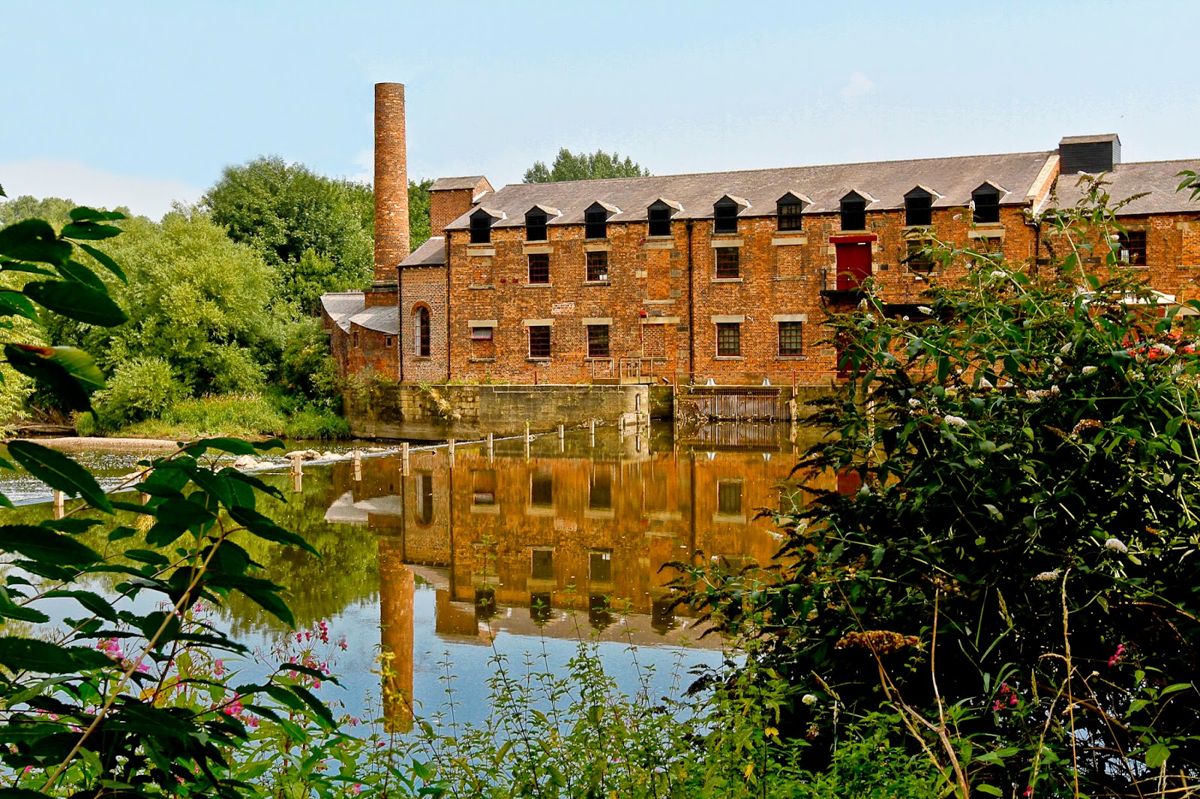The future of Thwaite Watermill in Leeds hangs in the balance as the council considers ending its lease to save around £660,000 to £756,000 over five years, potentially ceasing operations as a council-run attraction from April 1. Despite this uncertainty, all bookings are secure until October 2024, showcasing a commitment to honoring existing commitments while navigating financial challenges.
What is the future of Thwaite Watermill in Leeds?
Thwaite Watermill’s future is uncertain as Leeds City Council considers ending its lease to manage costs, potentially saving £660,000 to £756,000 over five years. The mill may stop operating as a council-run attraction from April 1. Discussions are ongoing, with the council balancing financial challenges against the site’s historical significance. All bookings will be upheld until October 2024.
Background to Thwaite Watermill’s Uncertain Future
Thwaite Watermill has long been a cherished part of Leeds’ rich industrial history, offering a unique window into the city’s past. Positioned on the River Aire, this heritage site has been a go-to destination for those interested in the early industrial machinery and water-powered mills that once played a pivotal role in the region’s development. On February 21, a pivotal meeting of the full council took place, bringing forth significant changes that could alter the legacy of this historical attraction.
During the meeting, members gave their nod to proposals set to counter the financial hurdles staring down Leeds City Council. One part of this plan involves reassessing the council’s lease at Thwaite Watermill. After a period of public consultation, the council is contemplating the conclusion of their involvement with the site. While the final word on the lease is still in the balance, Thwaite Watermill is expected to cease operation as a Leeds Museums and Galleries attraction from April 1.
The mill is currently accessible to the public, but only on weekends and school holidays. Booked groups and school visits are the exceptions during term time. Consequently, the proposed closure date is unlikely to disrupt the visitor experience significantly. The authenticity of the site as a slice of living history has been invaluable, but the financial strain may lead to a different future.
Financial Considerations and Operational Implications
In the face of mounting fiscal pressures, Leeds City Council has been forced to consider measures that would have once been off the table. “The council does not take any decisions affecting our visitor attractions lightly,” stated a council spokesperson. “However, the financial pressures we are now facing have forced us to look at options which would never have previously been considered.” The decision to potentially end the lease at Thwaite is part of a strategy to reconcile the dire need for cost savings while still offering a quality experience at the remaining eight sites under the Leeds Museums and Galleries banner, all council-owned.
Projected savings from ending the lease on Thwaite Watermill are significant, estimated at £660,000 to £756,000 over the next five years. Leeds City Council’s lease of the mill was initially set to expire in 2030. Visitor numbers, a crucial factor in the site’s sustainability, have been on the lower end, with 11,114 visitors recorded in 2022. These figures are key to understanding the council’s considerations, as they balance historical preservation with economic realities.
The site will uphold all bookings until October 2024, ensuring that existing commitments are honored. In close partnership with the Canal and River Trust and other stakeholders, Leeds City Council is dedicated to a thoughtful transition should the lease end. The proposed lease termination will be documented as a key decision and will be open to scrutiny and potential challenge by elected council members.
Potential Outcomes and Community Impact
Thwaite Watermill’s closure as a council-run facility would undoubtedly have ramifications. It is a location steeped in history and community importance. Although the decision to close does not come lightly, the council is poised to navigate these changes with a sense of duty and transparency. Any action taken will be communicated clearly and subject to the democratic processes that govern such public assets.
The council’s spokesperson encapsulated the sentiment of these difficult decisions: “Ending the lease on Thwaite allows us to balance the urgent and unavoidable need to make cost savings with continuing to provide a diverse, high-quality, accessible experience for our visitors at Leeds Museums and Galleries’ other eight sites, all of which are owned by Leeds City Council.” This balance between austerity and the maintenance of cultural services reflects a wider challenge faced by public bodies across the nation.
As the decision-making process unfolds, the council remains committed to keeping the public informed and engaged. The outcome of Thwaite Watermill’s future is more than an economic calculation; it’s a cultural consideration that weighs heavily on the community’s collective memory and identity. The historical significance of Thwaite Watermill is not under debate; rather, it’s a question of how best to preserve this heritage within the constraints of current financial limitations.
Note: Ending the lease on Thwaite Watermill is estimated to save the council approximately £660,000 to £756,000 over the next five years. In 2022, the site received 11,114 visitors, reflecting relatively low engagement compared to other attractions. The council’s lease was originally due to conclude in 2030.
- The future of Thwaite Watermill in Leeds is uncertain as Leeds City Council considers ending its lease to save £660,000 to £756,000 over five years.
- Thwaite Watermill may cease operations as a council-run attraction from April 1, pending ongoing discussions balancing financial challenges and historical significance.
- Thwaite Watermill, an important part of Leeds’ industrial history, has been a key attraction offering a glimpse into the region’s past.
- Leeds City Council’s potential decision to end the lease at Thwaite Watermill is driven by the need for cost savings and ensuring quality experiences at other council-owned sites.
- The site will honor all bookings until October 2024, but faces uncertainty amid financial strains and lower visitor numbers in 2022.
